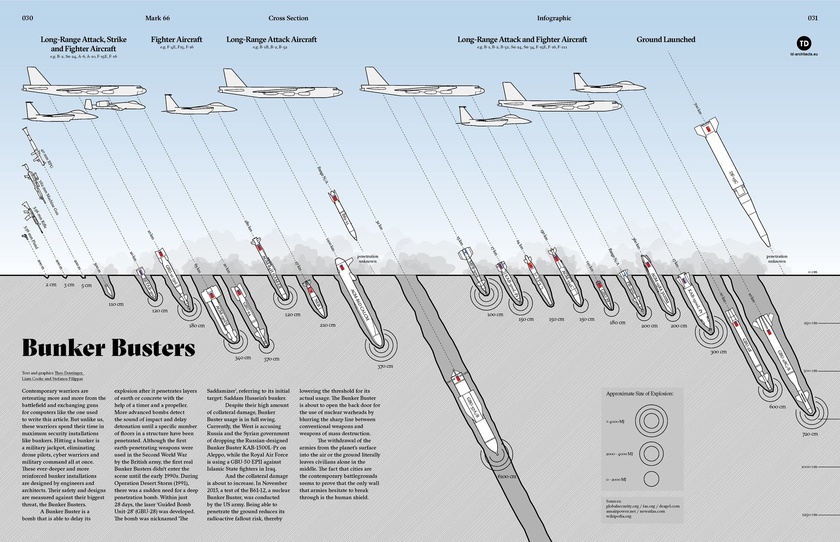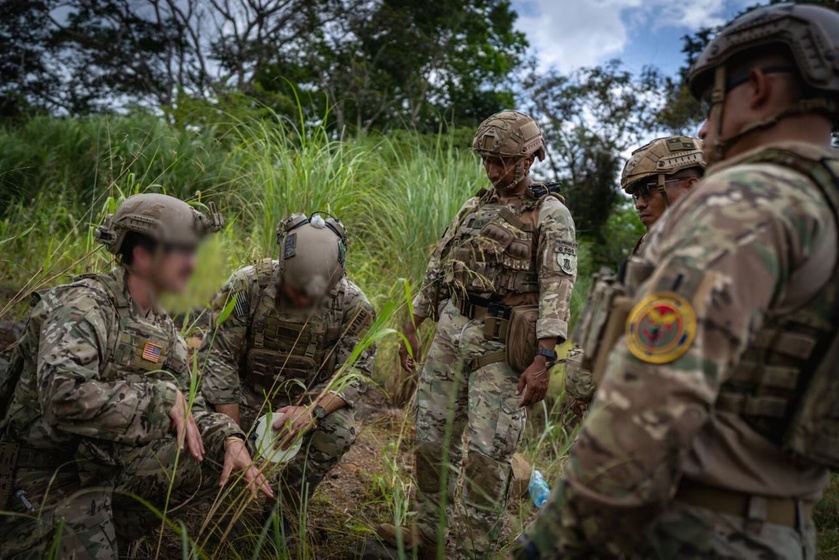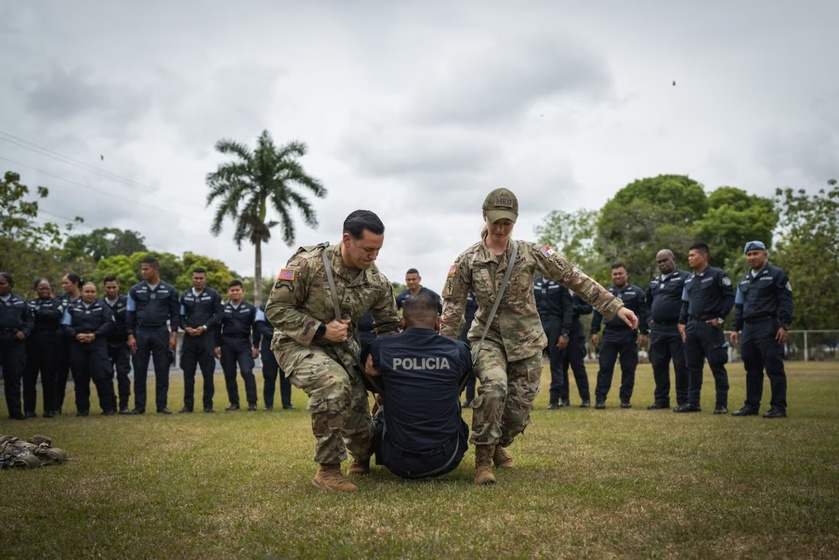Over the past few months, we’ve all seen the headlines—violence erupting in Gaza, growing tension in the Middle East, and ripple effects being felt around the globe. But what’s really going on behind the scenes? And how should everyday Americans be thinking about all of this?
I’ve spent a lot of time in and around conflict zones. What I see in Gaza isn’t just about Israel and Hamas. It’s about what comes next—and what it reveals about where we’re all headed.
Let’s break it down.
Why This War Feels Different
Right now, it feels like something fundamental has shifted. The war in Gaza is becoming the spark that could ignite a much bigger regional fire. We’re seeing moves from Egypt, pressure from Iran, and signals from other players that suggest this conflict could spiral.
Some of you may be wondering, “Is this just another flare-up that will fade, or are we looking at the beginning of a broader war?”
Let me be clear: This feels different. It feels like we’re entering a new era.
Egypt and the Sinai Buildup
Take Egypt, for example. They’ve been moving troops into the Sinai Peninsula—an area demilitarized under the Camp David Accords between Israel and Egypt. That treaty, signed decades ago, has kept the peace between the two nations. But now, Egypt is building permanent infrastructure—airstrips, bases—right near the Gaza border.
Israel sees this as a threat. Egypt says it’s legal under a 2001 amendment to the treaty that allows them to respond to instability. But here's what’s really going on: Egypt doesn’t want a flood of Palestinian refugees crossing into their country. Their show of force is a deterrent—not a precursor to invasion.
They’re saying, “Don’t even think about pushing Gazans into our backyard.”
The Danger of Sleeper Cells
Now, let’s bring this closer to home.
With heightened tensions overseas, the question comes up: Are there threats already here in America? Are sleeper cells a real danger?
The short answer? Yes. But they’re incredibly hard to detect.
Just look at the New Orleans attack on January 1st. That individual showed little warning before going radical. It’s not about what’s on the surface—it’s about what people believe deep down, what they’re being exposed to, and whether they're being radicalized quietly.
If you notice someone posting a lot of pro-Hamas or pro-Iran content, that doesn’t mean you call the cops—but it is a red flag. Those sympathies matter. It’s the quiet ones we need to watch.
And here’s what I’ve said for years: If you want to protect your family and community, stop asking, “How can I spot a terrorist?” Start asking, “How well do I know my neighbors?”
Rebuilding Community in a Fractured World
Most people today don’t even know the names of the people living two doors down. That’s dangerous—not just socially, but strategically.
The military understands this. They work hard to build esprit de corps because it’s the glue that holds a unit together in tough times. We need that same kind of cohesion in our neighborhoods.
That’s why I wrote Death of Civilization. It’s a call to rebuild the human terrain around us. Know your neighbors. Share meals. Trade skills. Build relationships before a crisis hits—not after.
Because when things go sideways, it’s your community that will save you—not Washington.
How We Track Threats Abroad
You might be surprised how good we are at identifying threats overseas. We already know where Iran’s nuclear sites are—over 50 of them, spread across major cities. We don’t need some super-secret deep-earth sonar to find them. We’ve got satellites, human intelligence, signals intelligence, and even AI that tracks things like dirt movement from digging sites.
Open-source analysts—just regular guys—are using this tech to track military targets, sometimes even faster than the government. Sites like Bellingcat do an amazing job turning satellite imagery into actionable intel.
The tools are out there. The question is whether we’re paying attention.
Trump, Erdogan, and Misplaced Trust
Now let’s talk about Turkey. President Trump’s admiration for Erdogan has always baffled me. Erdogan is a thug. He jails journalists, disappears critics, and funds terror groups. But Trump seems to admire his strength.
I get it—strong personalities can be appealing. But when strength is paired with evil, it’s a deadly mix. Trump gave too much too soon to Putin, and he’s doing the same with Erdogan. That’s not how you win negotiations. That’s how you get played.
Will Anyone Take in Palestinians?
So what happens to the civilians in Gaza?
A few countries—Canada, some in Europe—have said they’ll take a limited number of Gazans. But the vast majority? They’re stuck. Egypt won’t take them. No one else is lining up.
This is the true humanitarian crisis. Not just the bombs—but the fact that millions of people have nowhere to go.
Final Thought
Everything I’ve shared here comes down to this: We are living in a time of global instability that’s only going to get worse before it gets better. You can’t control what happens in Gaza or Tehran or Moscow—but you can prepare your family and your community.
Get to know your neighbors. Build strong relationships. Pay attention to the signs.
And above all—don’t count on anyone else to protect your way of life. That job falls to you.
Watch the full video HERE



















